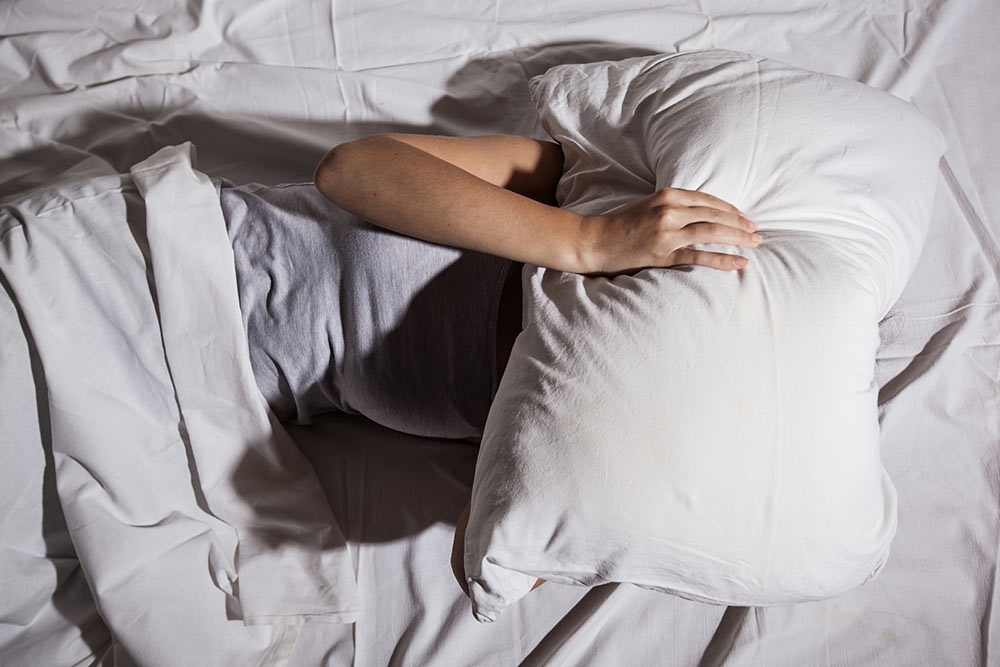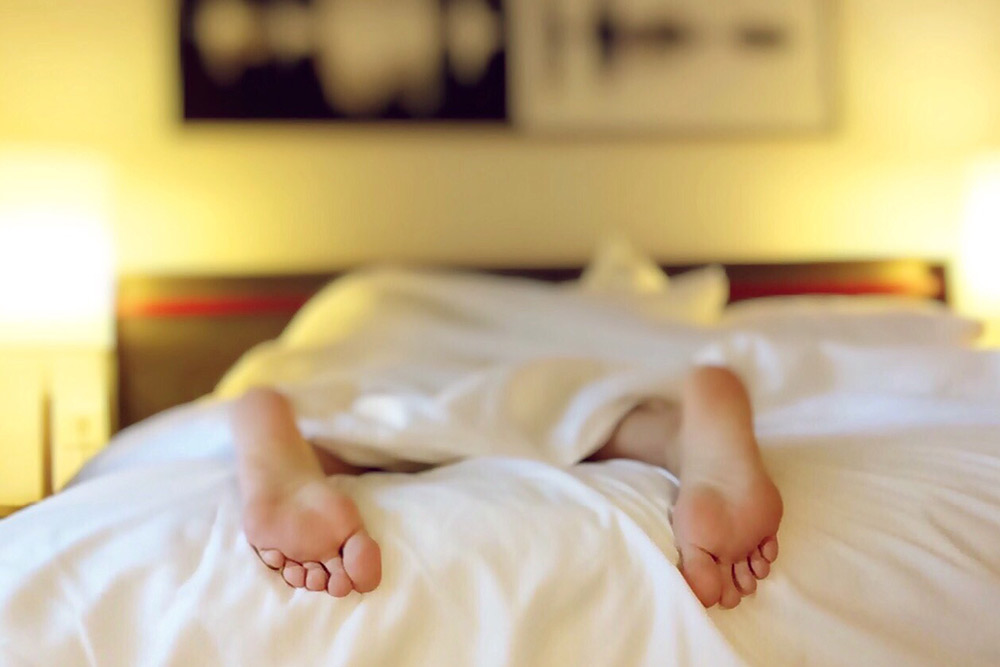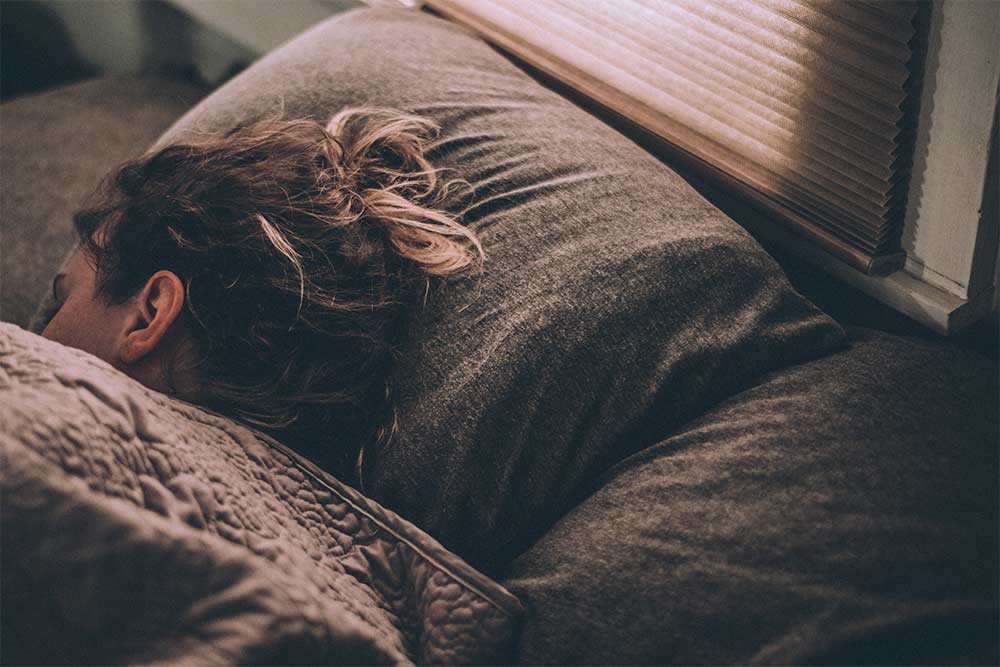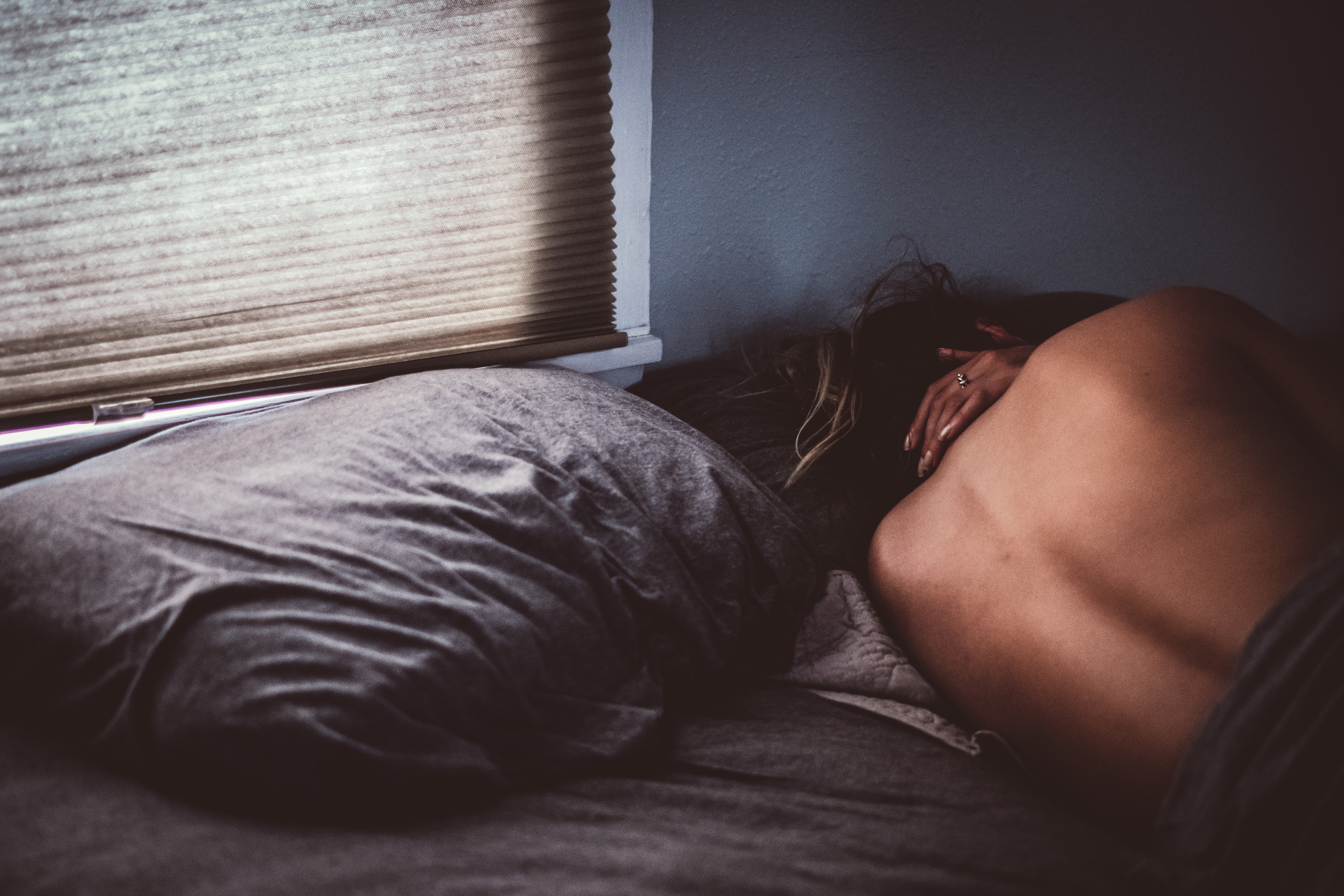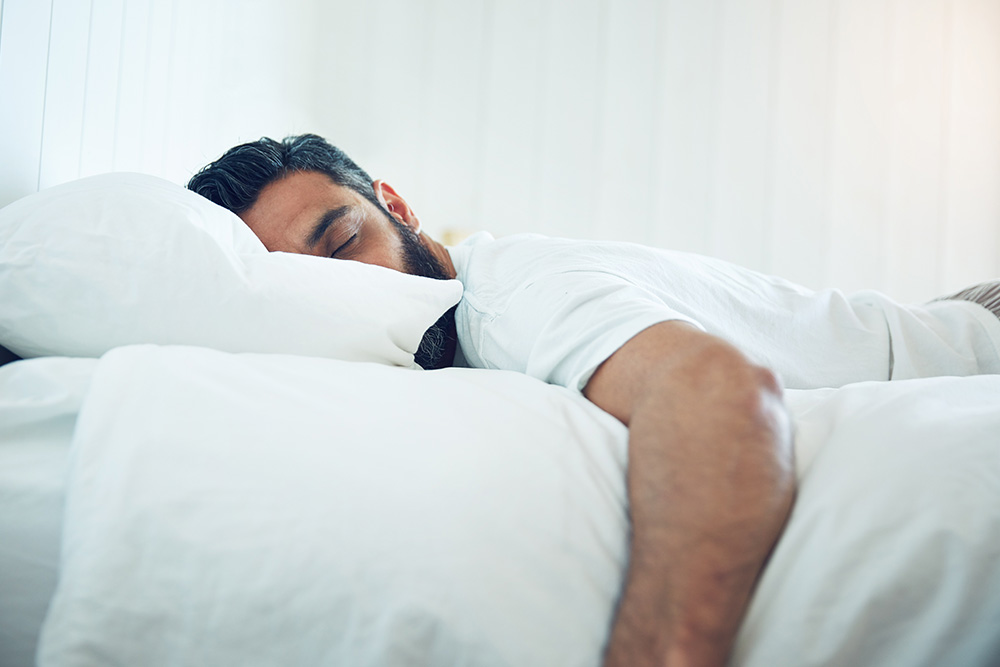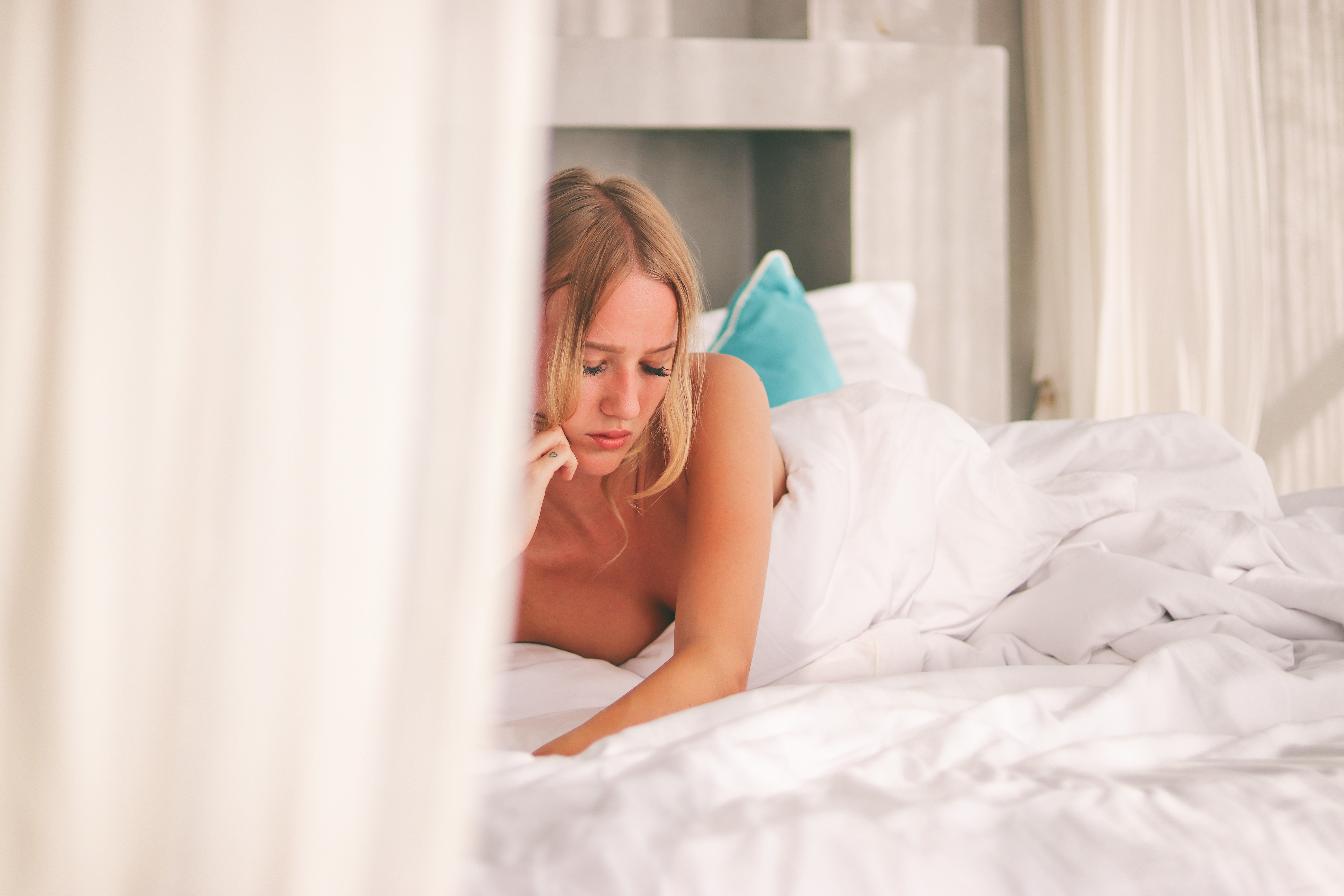Melatonin for Sleep: is it Safe?
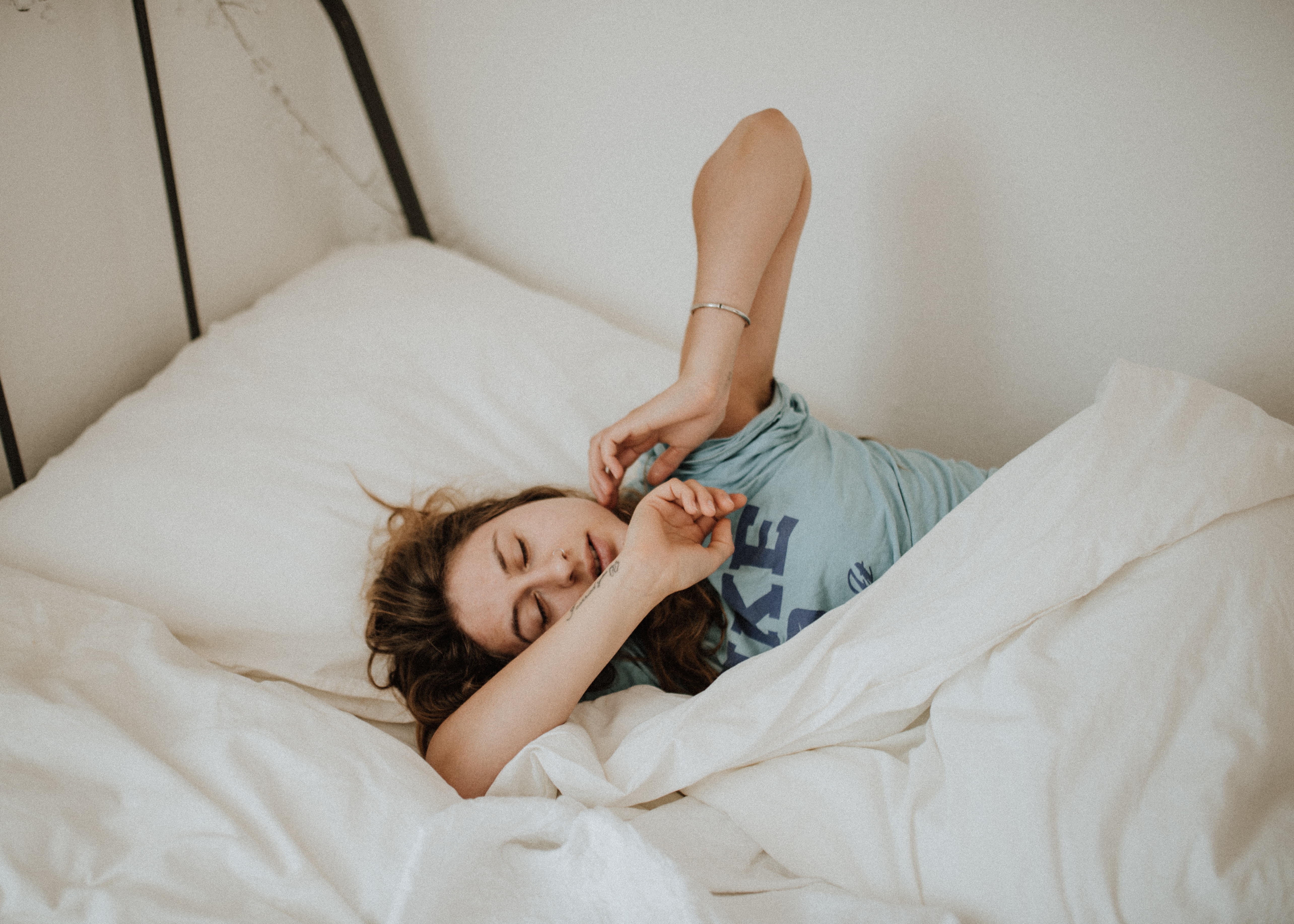
Does getting to sleep or staying asleep turn every night into a frustrating challenge?
Whether you have occasional or chronic insomnia, or experience travel-related jet lag or another sleep disorder, melatonin supplements could be the answer.
What is Melatonin, Anyway?
Have you ever wondered what makes you tired at night? You can thank melatonin for those yawns and stretches.
Melatonin is a naturally occurring hormone secreted from the brain’s tiny pineal gland that encourages your body to get into sleep mode.
Triggered by your circadian rhythm and exposure to sunlight, the pineal gland ordinarily releases more melatonin at night. In the morning, the amount of melatonin produced becomes so light that you wake up.
In some people, though, the brain’s production of melatonin doesn’t do its job. This can lead to mild or severe insomnia. Other times, melatonin cannot keep up with hectic or erratic work schedules or cross-time zone traveling.
What happens when your melatonin isn’t in sync? You have two choices: Accept that you’re going to have a rough night, or try a sleep aid like melatonin supplements.
Related Article: Best OTC Sleeping Pills
Is Melatonin a Safe, Effective Health Investment?
 Melatonin supplements come in several forms, including pills and liquid suspensions. Both are available over-the-counter (OTC) in the United States and many other countries.
Melatonin supplements come in several forms, including pills and liquid suspensions. Both are available over-the-counter (OTC) in the United States and many other countries.
Although the U.S. Food and Drug Administration (FDA) regulates the manufacture of melatonin, supplements vary widely in strength. Always go with a well-known supplier.
Most physicians recommend taking synthetic, or man-made, melatonin rather than melatonin sourced from animals. Why? Basically, melatonin pulled from animal brains may be infected with viruses. Consequently, you should always check out the ingredients label to understand if your melatonin came from a respected, approved laboratory environment.
Is Melatonin Safe?
Unlike more intense prescribed sleeping pills, melatonin has relatively few side effects:
- Feeling groggy or like you have a “heavy head” in the morning
- Experiencing headaches upon awakening or throughout the day
- Experiencing nausea or a mild upset stomach
- Feeling mild, fleeting depression
- Feeling anxious, moody, or out of sorts
- Experiencing a desire to sleep during the daytime
However, it may also have some unexpected positive side effects.
One study suggested that melatonin could be taken as a way to boost a low immune system. Another research piece indicated that the presence of added melatonin could help women experience fewer menopausal symptoms. Perhaps most exciting was evidence that melatonin might slow cancerous tumor growth.
As with all OTC medications, have a discussion with your doctor to avoid any contraindications with pharmaceuticals (e.g., blood thinners) or additional supplements you already take.
Keep a chart of any unusual symptoms you have. Ordinarily, side effects will gradually taper off. However, if yours don’t, be sure to talk to your physician.
Related Article: Sleep Deprived? Try This Type of Exercise.
How Your Body Reacts From Supplemental Melatonin
If you decide to experiment with melatonin, you should try the lowest recommended dose (one study recommends two milligrams is enough for adults 55 and over) to start. Most experts agree that more melatonin does not make you fall asleep quicker, anyway.
Take melatonin pills or liquids about 30 minutes before bedtime. For best results, don’t do any strenuous mental or physical activities afterward. Similarly, skip any caffeinated foods or beverages. Even bright lights from your iPhone can disrupt melatonin from working.
As the melatonin takes effect throughout your system, your mind will be urged into a more relaxed, calm state. This helps you drift off to sleep and remain at rest.
Does Melatonin Belong in Your Kid’s Medicine Cabinet?
Many parents have kids who struggle to either fall asleep or stay asleep for long enough. Sound familiar? You may want to consider using melatonin supplements.
In general, most children ages three and up can safely take low doses of melatonin. Be sure to check with your pediatrician, just in case. And opt for chewable, which are easier for many kids to swallow.
What can you do to make sure melatonin is working for your children?
- Be certain their sleep struggles are natural and not situational. If they’re being bullied at preschool and can’t sleep, melatonin won’t help.
- Make bedtime a routine and not an abrupt process. This helps melatonin work.
- Avoid giving children any type of caffeine or allowing them to engage in high-energy activities before going to bed.
- Use melatonin as directed. Giving a child more will not increase the expected outcome.
Take note of any major mood swings or health issues after first treating your child with melatonin. Notice a problem? Discontinue melatonin supplements and call your pediatrician for recommendations.
How You Can Potentially Benefit From Melatonin
After taking all the facts into consideration, you may be ready to go online and buy the best melatonin supplements you can find.
What should you expect from your experimentation with melatonin if it works with your body rhythm?
- An easier time getting to sleep every evening
- An easier time staying asleep
- The ability to wake feeling refreshed
- The ability to stop napping during the day
- An easier time concentrating during daytime hours
Ready to Get Some Much Deserved Zzzzs?
Everyone has an occasional terrible night’s sleep, but you don’t have to go through life feeling exhausted.
If you’re looking for a relatively safe, proven OTC sleeping pill, you may want to try melatonin. Not only is it based on a hormone your body already makes, but it’s gentle on your system.
Sleep well!
You Might Like:


